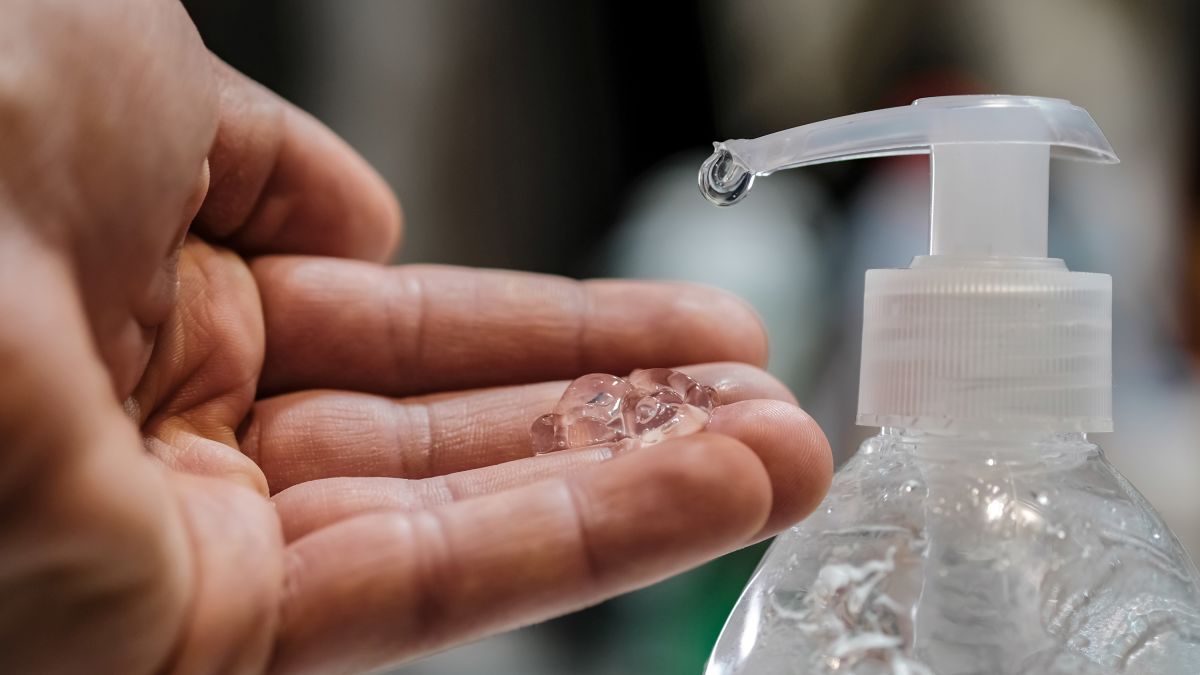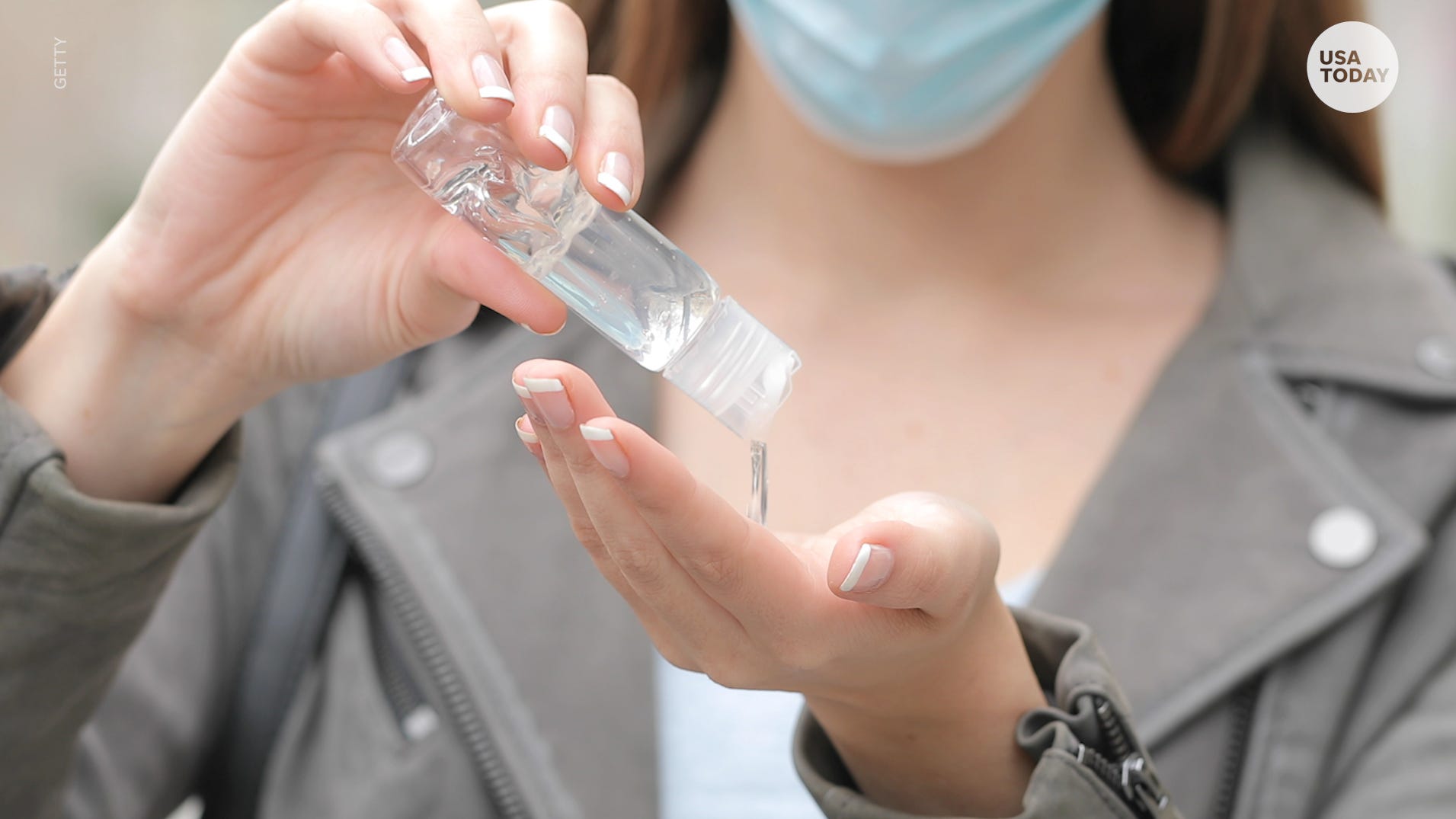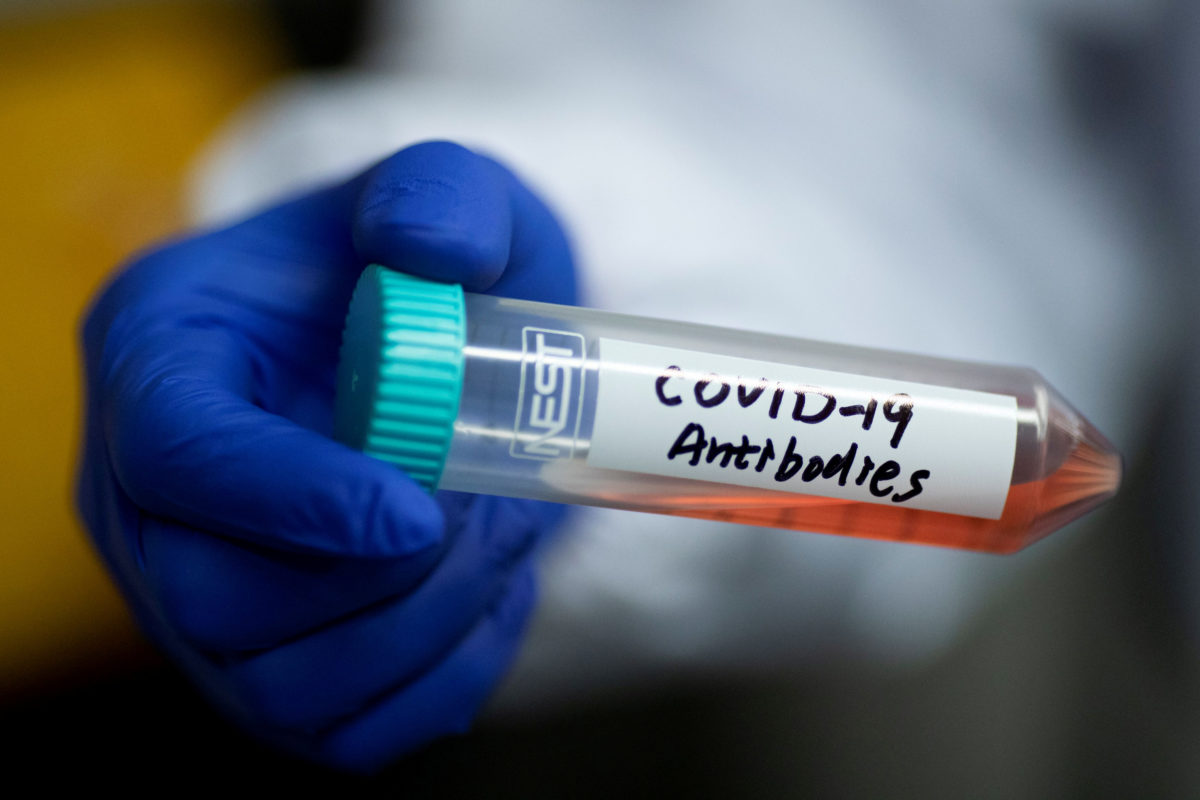METHANOL EXPOSURE AND TOXICITY
Methanol occurs naturally in humans, animals and plants and is used industrially as a solvent, pesticide and alternative fuel source. Nevertheless, this substance is considered a toxic alcohol that can be absorbed by inhalation, ingestion, skin contact or eye contact.
Exposure to substantial amounts of methanol may lead to toxic symptoms like nausea, vomiting, headache, blurred vision, permanent blindness, seizures, coma, permanent damage to the nervous system and death. According to the Center for Disease Control and Prevention (CDC), these adverse health effects caused by methanol may take between one hour and three days to appear. There are reports of several adverse effects such as blindness, hospitalizations and even death, occurred in adults and children that ingested hand sanitizer products contaminated with methanol.
HAND SANITIZERS CONTAMINATION WITH METHANOL
The U.S. is one of the largest markets for hand hygiene products in the world. Hand sanitizers are over-the-counter (OTC) drugs regulated by the FDA. The FDA does not allow the use of methanol as an active ingredient for hand sanitizers and states that it should not be used because of its toxic effects. Some samples of hand sanitizers available in the U.S. market have been tested by the FDA and found to include methanol and no ethyl alcohol (listed in the label). Consequently, the FDA issued a public warning to consumers and health care professionals for possible contamination of hand sanitizers with methanol. Several hand sanitizers have been recalled by the FDA and the agency is working together with manufacturers and distributors on a voluntary recall of products contaminated with methanol.
The CDC is advising people who have been exposed to hand sanitizers containing methanol (including swallowing it) and are experiencing symptoms to seek immediate medical attention and to contact the respective poison center for advice.
The FDA advises consumers to observe thoroughly hand sanitizer’s labels, taking special attention in order to identify a product that:
- Has been tested by the FDA and found to contain methanol;
- Is being recalled by the manufacturer or distributor;
- Is purportedly made at the same facility as products that have been tested by the FDA and found to contain methanol.
The FDA has published a list of hand sanitizers that have tested positive for methanol and advises consumers not to use hand sanitizers from those companies or products with those names or NDC numbers.
If soap and water are not readily available, consumers should use an alcohol-based hand sanitizer that contains at least 60 percent ethanol. It is crucial to choose safe and effective hand sanitizers, as well as it is imperative to know how to use them properly. Consumers should assure they are following the warnings and precautions described on the label. It is also important to be aware of products marketed as “FDA-approved”, since there are no hand sanitizers approved by the FDA.
References:
1. U.S. Food and Drug Administration – FDA Updates on Hand Sanitizers with Methanol. Available at: https://www.fda.gov/drugs/drug-safety-and-availability/fda-updates-hand-sanitizers-methanol#products
2. U.S. Food and Drug Administration – Q&A for Consumers: Hand Sanitizers and COVID-19. Available at: https://www.fda.gov/drugs/information-drug-class/qa-consumers-hand-sanitizers-and-covid-19
3. Centers for Disease Control and Prevention (CDC) – The National Institute for Occupational Safety and Health (NIOSH) – Methanol: Systemic Agent. Available at: https://www.cdc.gov/niosh/ershdb/emergencyresponsecard_29750029.html







